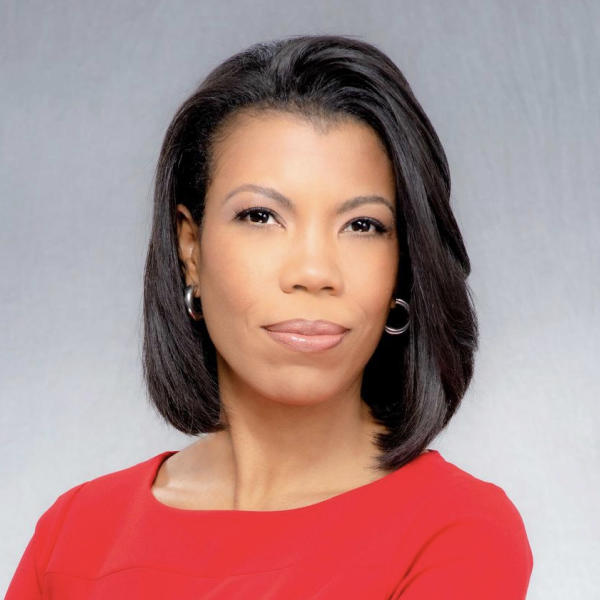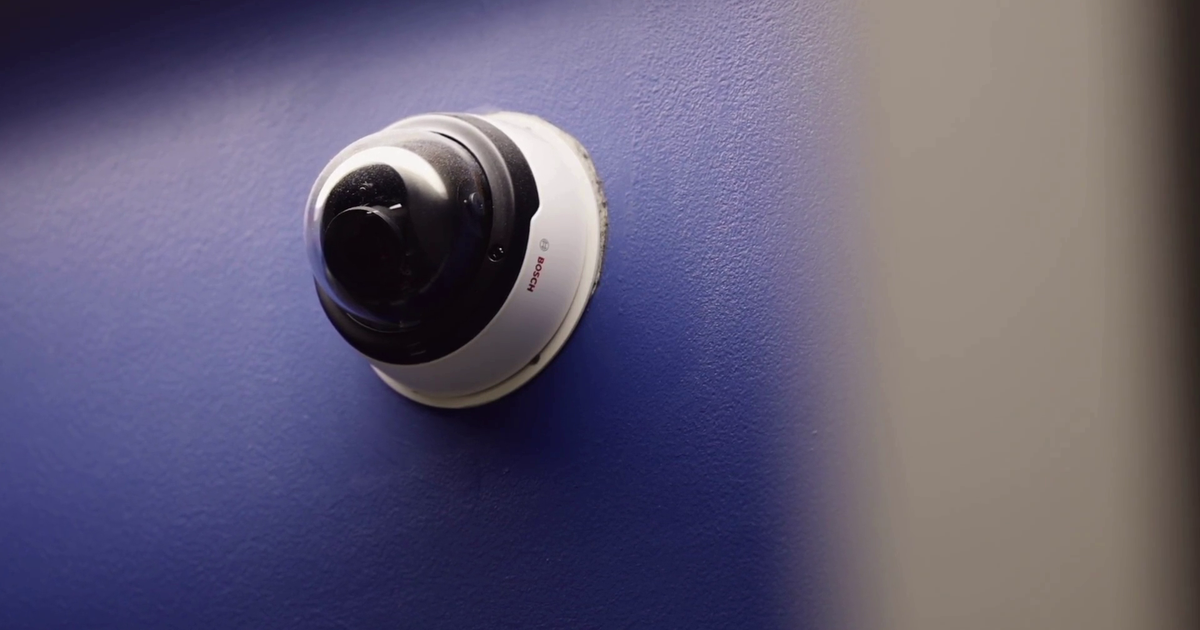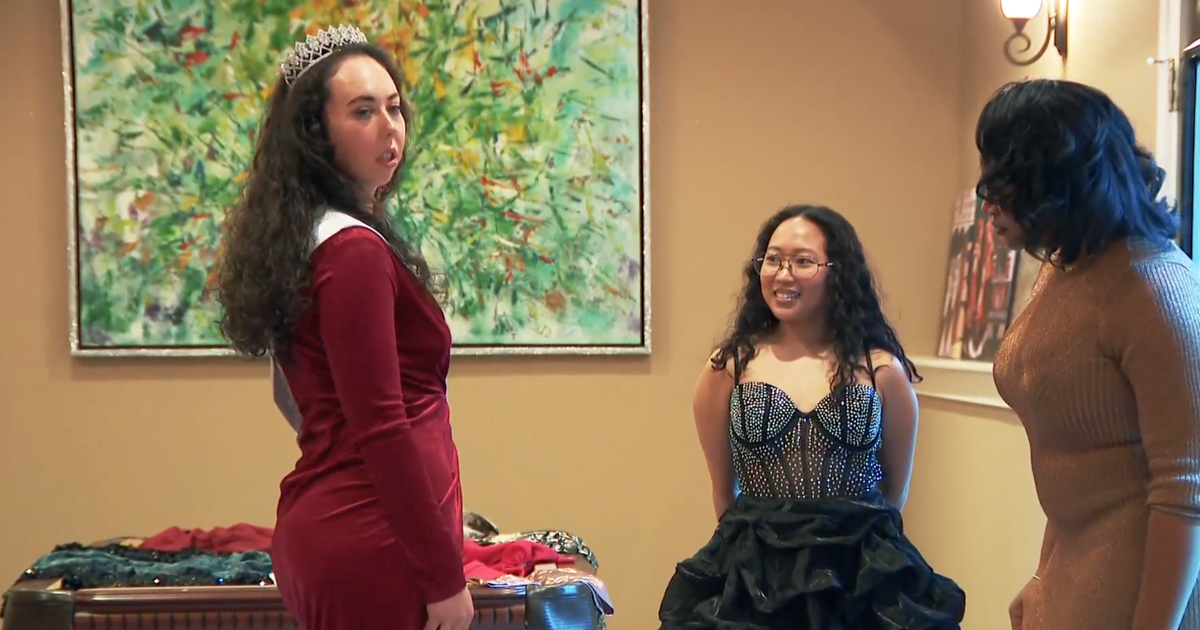Survivors and lawmakers urge Congress to reauthorize Violence Against Women Act years after it expired
A bipartisan group of senators aims to introduce a bill to reauthorize the Violence Against Women Act when the Senate reconvenes next year.
The act, also known as VAWA, is a critical resource for domestic violence survivors. Signed in 1994, the law established the National Domestic Violence Hotline and covers everything from legal protections for victims and funding for shelters. The law hasn't been reauthorized since 2013. It needs to be reauthorized every five years, but Congress only approved a short-term extension in 2018, and it expired in 2019.
Iowa Senator Joni Ernst, a domestic violence survivor, has been working to reauthorize VAWA since it expired. Its reauthorization had been stalled by controversial provisions like stricter gun restrictions, which some of her fellow Republicans oppose.
"It is frustrating because I did work in a shelter environment," Ernst said. "This is not a gun control bill. It is a violence against women bill."
In December, Ernst and a bipartisan group of lawmakers, including Senators Dick Durbin, Dianne Feinstein and Lisa Murkowski reached a framework agreement to modernize VAWA. It would strengthen rape prevention and education efforts and expand and authorize programs to ensure access to survivors in rural areas, those who seek culturally specific services and LGBT survivors. It also builds on the 2013 reauthorization by expanding criminal jurisdiction to tribal courts to cover non-Native perpetrators of sexual violence and other offenses.
The group said that every day that goes by without action puts lives at risk.
Fawn Vasquez, a survivor, said she is happiest when she's at home with her five children and away from the man who abused her physically, emotionally and financially for more than a decade, including around the time she was pregnant.
"He just picked me up and threw me through a door and I landed outside on concrete, knocked out," she said. "A few days after that, I looked him in the eye and I said, 'I'm so scared you're going to kill me one day.' And he said, 'I absolutely will.'"
That was the final straw, Vasquez said.
Keisha Williams was almost left for dead after her abuser shot her in the face when she was 19. It took her more than 30 years to open up about it.
"I traveled to a place that only this type of traumatic situation would bring you to," she said.
The legislation has drawn support from high-profile figures like actress Angelina Jolie, who visited Capitol Hill several times this fall to push for the bill's reauthorization.
Vasquez's message to Congress is simple: "We need to know that people care, that people are going to believe us when we tell our story."






